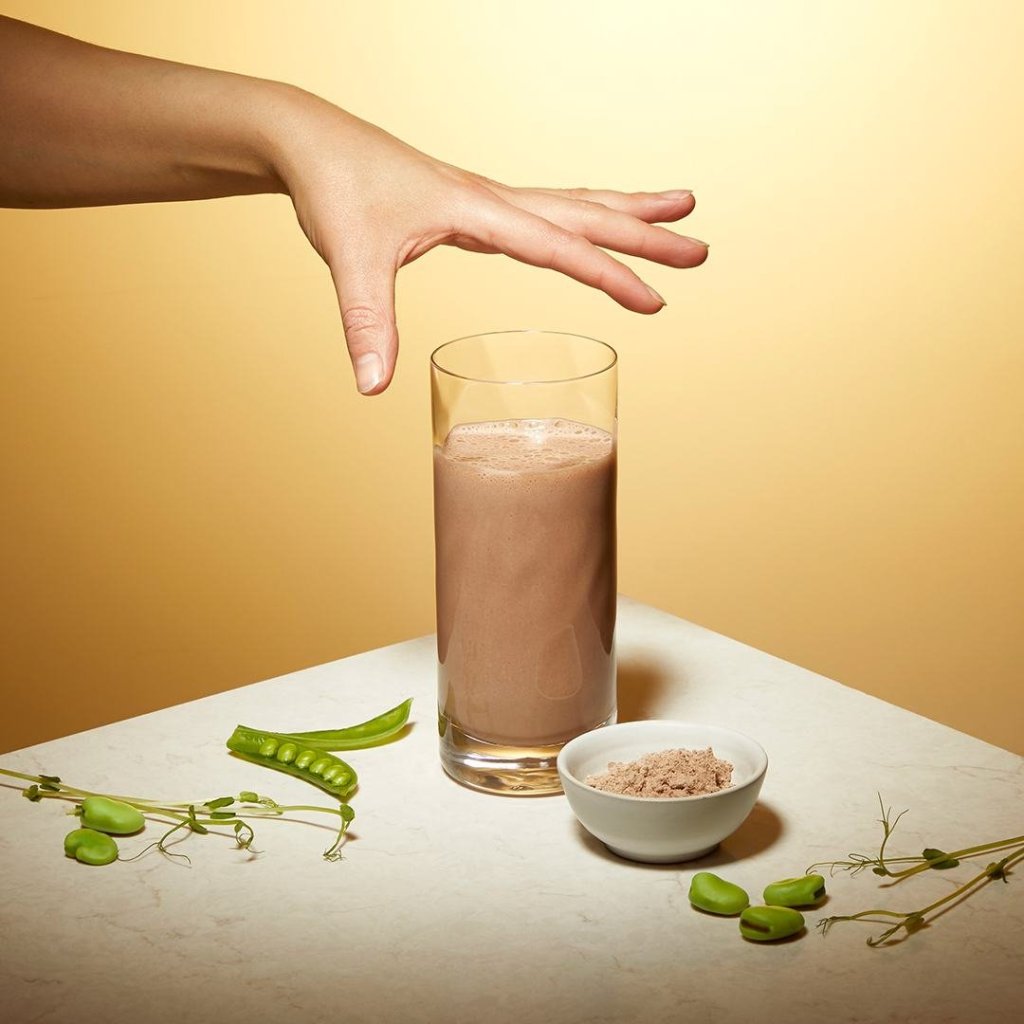Mayo Clinic Minute: Meal Replacement Reminders
Anya Guy, a dietitian at Mayo Clinic, emphasizes that meal replacement shakes and products should not substitute for whole foods, particularly fruits and vegetables. For individuals considering incorporating these products into their diets, consulting a physician or a dietitian is advisable to determine an appropriate daily intake.
When selecting meal replacements, Guy advises consumers to look beyond packaging claims and focus on the nutrition label. It's essential to choose products with whole-grain ingredients or whole-food components like nuts and seeds. Nuts, in particular, can enhance the protein and fiber content of bars, promoting a feeling of fullness.
Moreover, Guy highlights the importance of meal replacements providing a portion of daily vitamin and mineral requirements. Many products are fortified with essential nutrients, and personal preferences can guide choices regarding these additions.
Lastly, she warns against high added sugar content in meal replacements, recommending that consumers opt for those with lower sugar levels to maintain a healthy diet. In summary, while meal replacement products can be convenient, they should complement rather than replace a balanced diet rich in whole foods.
Meal Replacements: Liquid vs. Whole Food
Meal replacement drinks are marketed as convenient alternatives to solid meals, often promoting similar nutritional benefits. However, they typically lack the fiber found in whole foods, which is crucial for maintaining health and satiety. Research indicates that people generally feel fuller longer after consuming fiber-rich solid foods compared to liquid calories, which can lead to increased overall calorie intake later in the day.
Dr. Cary Ruxton highlights that consuming meals in liquid form can diminish the sensory experiences associated with eating, such as chewing. This can affect how the body perceives fullness, leading to a "short-term" feeling of satisfaction rather than lasting satiety.
While occasional use of meal replacement drinks is unlikely to harm your diet, they may not be as effective for weight loss unless integrated into a comprehensive weight management program. Some brands claim to offer protein boosts, but a balanced diet rich in plant-based foods can provide adequate protein without the need for these drinks.
If you find yourself in need of a quick meal or calorie reduction, using meal replacement drinks now and then is acceptable. However, prioritizing whole foods made from fresh, natural ingredients is generally a healthier choice, as it helps avoid the artificial additives often found in these products. At TYME, the focus is on delivering meals packed with diverse nutrients from high-quality ingredients.
Meal Replacement Guide: Everything You Need To Know About Meal Replacements
Meal replacements, including shakes, bars, and powders, have gained popularity as convenient options for managing weight and improving health. Designed to provide a balanced source of macronutrients—proteins, carbohydrates, and fats—as well as vitamins and minerals, these products can help control hunger and promote weight loss or maintenance.
Key Benefits
Meal replacements are particularly beneficial for busy individuals, athletes, or anyone looking to simplify meal planning. Studies have shown that they can improve metabolic and cardiovascular health, leading to reductions in blood pressure, cholesterol levels, and insulin resistance.
Types of Meal Replacements
Meal replacement shakes are a common form, typically containing protein, vitamins, and minerals. They can help reduce overall calorie intake while still providing essential nutrients, making them a popular choice for weight loss.
Choosing Quality Products
When selecting meal replacements, it's important to look for high-quality products that are low in sugar and additives. Key nutrients to seek include protein and fiber, which can help with satiety and digestive health.
Brand Reviews
-
Huel: Huel is known for its complete meal replacement shakes that provide a balanced mix of macronutrients, vitamins, and minerals. Made from natural ingredients like oats, pea protein, and flaxseed, Huel emphasizes whole-food nutrition. Reviewers appreciate its variety of flavors and that it’s vegan-friendly. However, some find the texture a bit gritty.
-
Soylent: Soylent offers convenient meal replacement drinks that are designed for on-the-go consumption. Fortified with vitamins and minerals, it aims to provide a complete meal. While many users enjoy its smooth texture and taste, some have expressed concerns about the high sugar content in certain flavors.
-
Orgain: Orgain is well-regarded for its organic meal replacement shakes and protein powders. Made with plant-based ingredients, it appeals to health-conscious consumers looking for clean nutrition. Users praise the taste and smoothness but note that it can be slightly higher in calories compared to some competitors.
-
Shakeology: Shakeology is marketed as a superfood shake that combines protein with a variety of vitamins and minerals. It contains ingredients like greens, antioxidants, and probiotics. While many users love the health benefits and diverse nutrient profile, some find it on the pricier side.
-
Ka’chava: Ka’chava is a premium meal replacement powder that focuses on whole-food ingredients. It includes a blend of plant-based proteins, healthy fats, and superfoods. Reviewers often commend its rich flavor and creamy texture, but it is relatively expensive compared to other brands.
Potential Risks
Despite their benefits, meal replacements should not replace whole foods long-term. They may lack the variety of nutrients found in fruits, vegetables, and whole grains, which can lead to deficiencies. Some users may also experience digestive issues, such as bloating or constipation, often due to high protein content or certain sweeteners.
Recommendations for Use
To minimize risks, choose products with balanced nutrients and avoid those high in sodium or saturated fat. Meal replacements should complement a balanced diet rich in whole foods and should not be relied upon as the sole source of nutrition. Listening to your body is crucial, and individuals should discontinue use if they experience negative side effects.
Conclusion
In conclusion, while meal replacements offer a convenient solution for those seeking to manage their weight and simplify their dietary routines, they should be approached with mindfulness and balance. These products can indeed serve as useful adjuncts to a busy lifestyle, providing essential nutrients when whole foods are not accessible. However, it is imperative to remember that they cannot fully replicate the diverse nutritional benefits of whole foods, especially those rich in fiber and vital micronutrients.
As you consider incorporating meal replacements into your regimen, prioritize high-quality options that align with your nutritional needs and preferences. Look for products that emphasize whole-food ingredients and minimize added sugars and artificial additives. Furthermore, always consult with healthcare professionals to tailor your approach, ensuring that your choices support both your health goals and overall well-being.
Ultimately, embracing a holistic dietary philosophy that values both convenience and nourishment will pave the way for sustainable health. By harmonizing meal replacements with a rich array of whole foods, you can create a balanced and vibrant lifestyle that nourishes both body and mind.
REFERENCE
- Mayo Clinic. (2023). Mayo Clinic Minute: Meal replacement reminders. Retrieved from https://newsnetwork.mayoclinic.org/discussion/mayo-clinic-minute-meal-replacement-reminders/
- TYME. (n.d.). Meal replacements: Liquid vs whole food. Retrieved from https://www.tymefood.com/the-feed/meal-replacements-liquid-vs-whole-food
- Zen Tein. (n.d.). Meal replacement guide: Everything you need to know about meal replacements. Retrieved from




